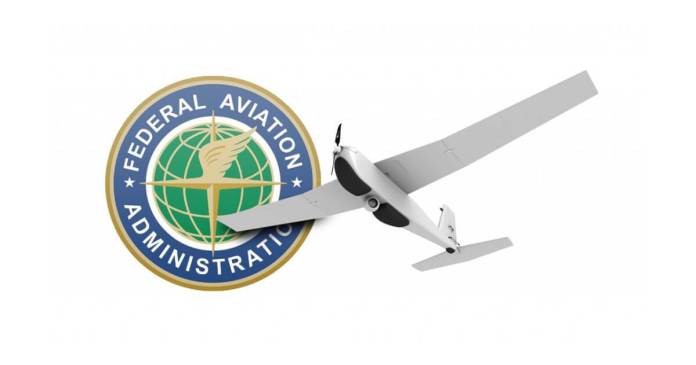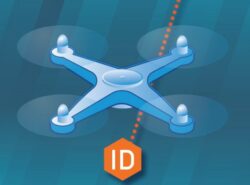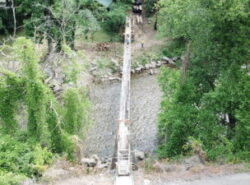
Testing for Hobby Drone Pilots
A new provision in the 2018 Act requires recreational flyers to pass an aeronautical knowledge and safety test. They must maintain proof that they passed, and make it available to the FAA or law enforcement upon request. The FAA is currently developing a training module and test in coordination with the drone community. The test will ensure that recreational flyers have the basic aeronautical knowledge needed to fly safely.Some requirements have not changed significantly. In addition to being able to fly without FAA authorization below 400 feet in uncontrolled airspace, recreational users must still register their drones, fly within visual line-of-sight, avoid other aircraft at all times, and be responsible for complying with all FAA airspace restrictions and prohibitions.
Additionally, recreational flyers can continue to fly without obtaining a remote pilot certificate provided they meet the eight statutory conditions of Section 349 of the Act, which are described in a Federal Register notice.
Until further notice, air traffic control facilities will no longer accept requests to operate recreational drones in controlled airspace on a case-by-case basis. Instead, to enable operations under the congressionally-mandated exception for limited recreational drone operations, the FAA is granting temporary airspace authorizations to fly in certain “fixed sites” in controlled airspace throughout the country. The fixed sites (MS Excel) are listed online and will be routinely updated.
The FAA will help recreational flyers learn and understand the changes by posting updates and additional guidance, including regulatory changes, on the FAA website.
Source: SUASnews



